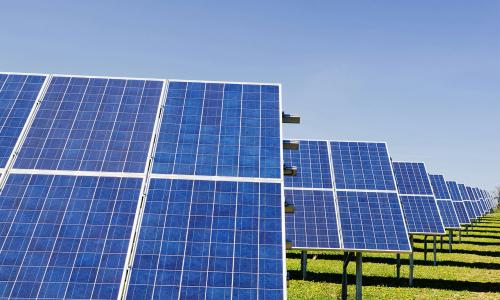Solar geoengineering refers to proposed approaches to rapidly cool the Earth by reflecting solar radiation back to space. Although solar geoengineering would have many uncertain impacts and comes with risks, given the growing severity of climate impacts, they merit closer consideration. And as researchers are beginning to design atmospheric experiments to assess how effective and risky these methods are, informed public debate is needed over whether and how such research should proceed.
Solar geoengineering methods include stratospheric aerosol injection, where aerosol particles are injected into the upper atmosphere to reflect solar radiation back to space. Another method is marine cloud brightening, which involves spraying sea salt into low-lying marine clouds to enhance their reflectivity. Given the profound ethical and environmental risks these activities can present, atmospheric experiments to assess these technologies deserve timely public scrutiny and debate.
This issue brief highlights the need and opportunity for researchers and research funders to build inclusive public participation into decision making on solar geoengineering research.
Read the brief's accompanying blog post and press release.
Downloads
Citation
Talati, Shuchi, and Peter C. Frumhoff. 2020. Strengthening Public Input on Solar Geoengineering Research: What’s Needed for Decisionmaking on Atmospheric Experiments. Cambridge, MA: Union of Concerned Scientists.



